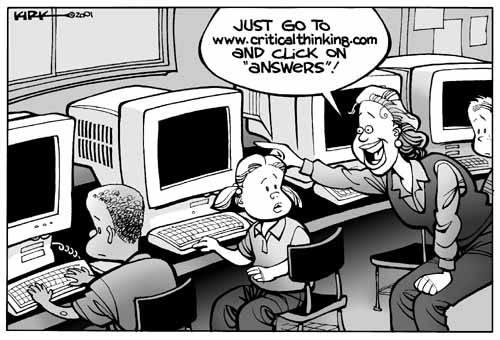
Is it important to teach other cultures, like the British one, to Chilean students? How can we teach it, then? Will it be meaningful for them if they realize that there are other cultures besides theirs? Those are all the questions that come to my mind when thinking in these three issues.
Nowadays, in Chile, students don’t seem to give importance to other cultures. I have experienced that not even our culture is important and I think that this is the Chilean curriculum’s fault. I say this because the curriculum wants the students to learn how to say, for instance, “hello. Where is the bathroom?” and not thinking beyond those superficial topics. In other words, at school they are just worried about teaching grammatical structures. Still, it is not necessary if they are trying to improve Chilean education. The quality of Chilean education is getting worse everyday, because we don’t reflect on certain topics that should be discussed, like cultures. Moreover, children are not able to make their own decisions. Instead, teachers are making the decisions for them, so their metacognitive abilities[1] or strategies are not being worked out well.
Also, Chilean education is getting more and more individualistic, because now everything is focused on results, more than in the process itself, so in the end, the students are not worried whether they learn some subject or not. In its place, they are just focused on their final marks. Also, children are just working on their own result, and the rest is not worth it, unless they help in this final grade. That’s how teacher are creating individualistic students; they don't see what surrounds them. It is true that teachers are asked to grade students, but that should not be their main and only aim.
Would it be better is students were worried about other cultures in order to learn from them? Why don't teachers focus on the process? If so, then everyone will collaborate with their own knowledge.
Now, another question that comes to my mind: How to teach British Culture?It's a difficult task. Isn’t it?
Perhaps the best way to teach is by making all the knowledge meaningful. "Meaningful learning refers to the concept that the learned knowledge (let's say a fact) is fully understood by the individual and that the individual knows how that specific fact relates to other stored facts (stored in your brain that is)." ("Meaningul learning", par 1)
That is to say, we will have to look for strategies in order to make British culture meaningful. For example, we can start from "bottom-up" (there might be something that they do know! They are not a “tabula rasa”). In other words, in order to relate the new knowledge we can start from asking what they know about England whatsoever. Therefore we can relate their knowledge of Chilean culture with the new one. This is what the constructivist theory explains. Jean Piaget and Lev Vigotsky held that “human beings construct their own version of reality, and therefore multiple contrasting ways of knowing and describing are equally legitimate.” (Brown, 2000).
Nonetheless, we have to be aware that this will be taught in English, especially in a country when their mother tongue is not English.
How can we do it, then? I think that the best option is by working with “individual engaged in social practices ,...on a collaborative group or on a global community” (Spivey, 1997). In other words, if we imagine the setting of a Junior High –thinking that the Chilean curriculum states that “el estudiante participa en intercambios orales controlados o espontáneos en la lengua extranjera solicitando o dando información, ejemplificando, enumerando, expresando preferencias, emitiendo opiniones, solicitando ayuda o consejo, y/o interpelando a su interlocutor con propiedad.” (Curriculum para 3ro medio, Ministerio de Educación)-, we can make them work by themselves by being asked to reflect on their own culture, the characteristics they like and don’t like about it and share it, later on, with his/her group. That will be the introduction to the next topic, which will be the presentation part. Then it will be explained how the British culture is, the similarities and differences that both cultures may have, etc.
As a conclusion, we should be willing to reflect not only on cultures, but also in other important topics regarding our world, especially if it is about other and our own culture. In my opinion, my main goal in life is not that I want my students to be bilinguals, but I want them to be good citizens and people, because in a future, they will contribute to this country and this society.
· [1] Metacognitive: these term is used in information processing theory to indicate an “executive” function, strategies that involve planning for learning, thinking about the learning process as it is taking place, monitoring of one’s production or comprehension, and evaluating learning after an activity is completed. (Brown, 2000)
Bibliography
- Meaningful learning, Nov 14th, 2008
http://web.ics.purdue.edu/~rallrich/learn/mean.html
- Programa de Estudio, Tercer Año Medio, Ministerio de Educación, Chile, 2004. Nov, 15th, 2008 http://www.curriculum-mineduc.cl/docs/fichas/3m11_ingles.pdf


No hay comentarios:
Publicar un comentario